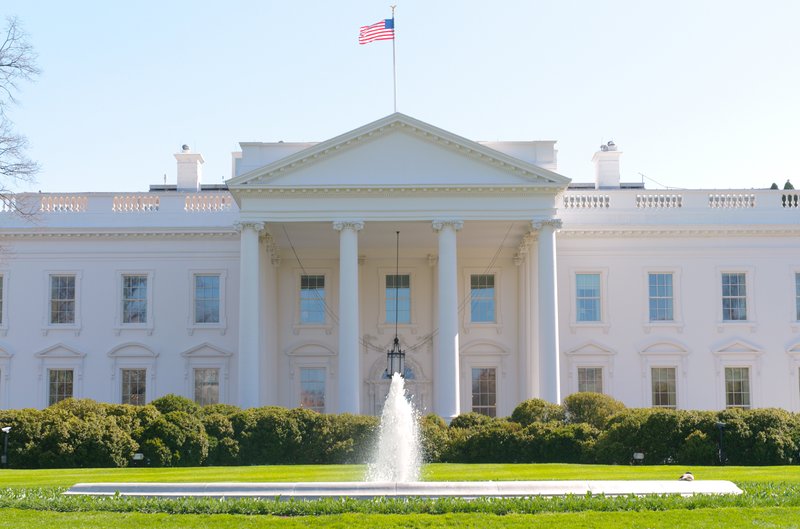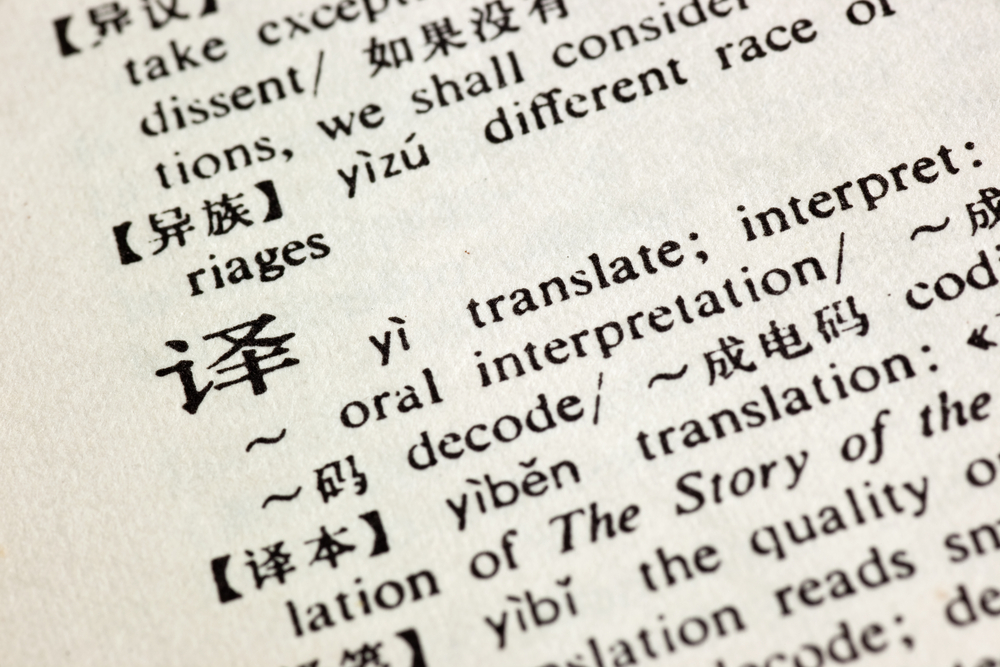When Rep. Zoe Lofgren, the Silicon Valley Democrat, introduced a pair of bills last month on trade secret misappropriation, we puzzled over her purpose. Was this a response to the White House’s call for improved federal legislation to protect U.S. trade secrets? Did the measures mark the start of a comprehensive federal civil “Trade Secrets Act” that would put trade secrets on par with other federally protected intellectual property such as patents, trademarks, and copyrights?
Trade Secrets Watch decided to investigate and tapped our congressional sources for the back story. Turns out our musings were wrong.
First, a quick backgrounder on federal trade secret protection (and lack thereof): The federal government has declined to go all-in on protecting U.S. trade secrets, leaving this area primarily governed by state law. When it comes to trade secrets, federal law consists of a patchwork of acts that leave yawning gaps in legal protection. For example, the federal Economic Espionage Act, known as the EEA, prohibits trade secret theft but is solely a criminal law — it doesn’t provide for a federal civil cause of action (i.e., a right allowing private parties to sue). And the Computer Fraud and Abuse Act, known as the CFAA, only covers certain types of thefts involving unauthorized access to computers. It provides for criminal prosecution and grants a victimized company the right to sue. But in a case last year (United States v. Nosal), the Ninth Circuit U.S. Court of Appeals interpreted the CFAA narrowly, finding that it was primarily intended to curtail hacking and that it does not bar employees from stealing trade secrets from their employers’ computers in more run-of-the-mill cases of trade secret theft. READ MORE












